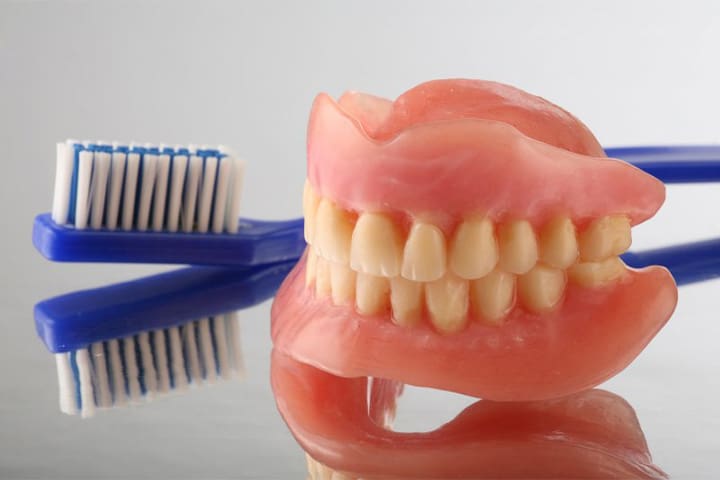Oral health is an essential aspect of overall health and well-being. Many people think that oral health only affects the teeth and gums, but it can also have a significant impact on heart health. Studies have shown that poor oral health can increase the risk of cardiovascular disease, stroke, and other heart-related problems.
Poor oral hygiene can lead to infections in the mouth, which can spread to other parts of the body. It can also cause problems with digestion and nutrition if it becomes difficult to eat due to dental issues. Additionally, poor oral health has been linked to respiratory infections, diabetes, and even dementia. Maintaining good oral hygiene through regular brushing, flossing, and dental check-ups is crucial to not only having a healthy mouth but also a healthy body overall.
Read on as we examine the relationship between oral health and heart health and offer tips for maintaining good oral health.
The Link between Oral Health and Heart Health
Research has shown that there is a link between oral health and heart health. Poor oral health can cause inflammation in the body, which can lead to various health problems, including heart disease. When the gums are inflamed, bacteria can enter the bloodstream and travel to other parts of the body, including the heart. This can lead to the formation of plaques in the arteries, which can cause blockages and increase the risk of heart attack and stroke.
In addition, people with gum disease are more likely to have other risk factors for heart disease, such as high blood pressure, high cholesterol, and diabetes. These conditions can further increase the risk of heart disease and other cardiovascular problems.
5 Tips for Maintaining Good Oral Health
Maintaining good oral health is essential for overall health and well-being. Here are some tips for keeping your teeth and gums healthy:
1. Brush and Floss Regularly
Brushing your teeth twice a day and flossing at least once a day can help remove plaque and prevent gum disease. Use a soft-bristled toothbrush and fluoride toothpaste to clean your teeth thoroughly. Flossing can help remove food particles and plaque from between your teeth, where a toothbrush cannot reach.
2. Use Mouthwash
Using mouthwash can help kill bacteria and freshen your breath. Look for a mouthwash that contains fluoride and has been approved by the American Dental Association (ADA).
3. Eat a Healthy Diet
Eating a healthy diet can help maintain good oral health. Avoid sugary and acidic foods and drinks, which can erode tooth enamel and cause cavities. Instead, eat a diet rich in fruits, vegetables, and whole grains, which can help strengthen teeth and gums.
4. Limit Alcohol and Tobacco Use
Alcohol and tobacco use can increase the risk of gum disease and other oral health problems. Limiting your alcohol and tobacco use can help maintain good oral health and reduce the risk of heart disease and other health problems.
5. Visit Your Dentist Regularly
Regular dental checkups and cleanings can help prevent gum disease and other oral health problems. Your dentist can also detect and treat any problems early, before they become more serious.
Conclusion
Oral health is an essential aspect of overall health and well-being. Poor oral health can increase the risk of heart disease, stroke, and other cardiovascular problems. Maintaining good oral health is essential for reducing the risk of these health problems. By brushing and flossing regularly, using mouthwash, eating a healthy diet, limiting alcohol and tobacco use, and visiting your dentist regularly, you can maintain good oral health and reduce the risk of heart disease and other health problems.
Do you need an orthodontist in Newton, MA? Waban Dental Group is here to guide you through the process of improved dental health. With us, you are in great hands. Give us a call today!








